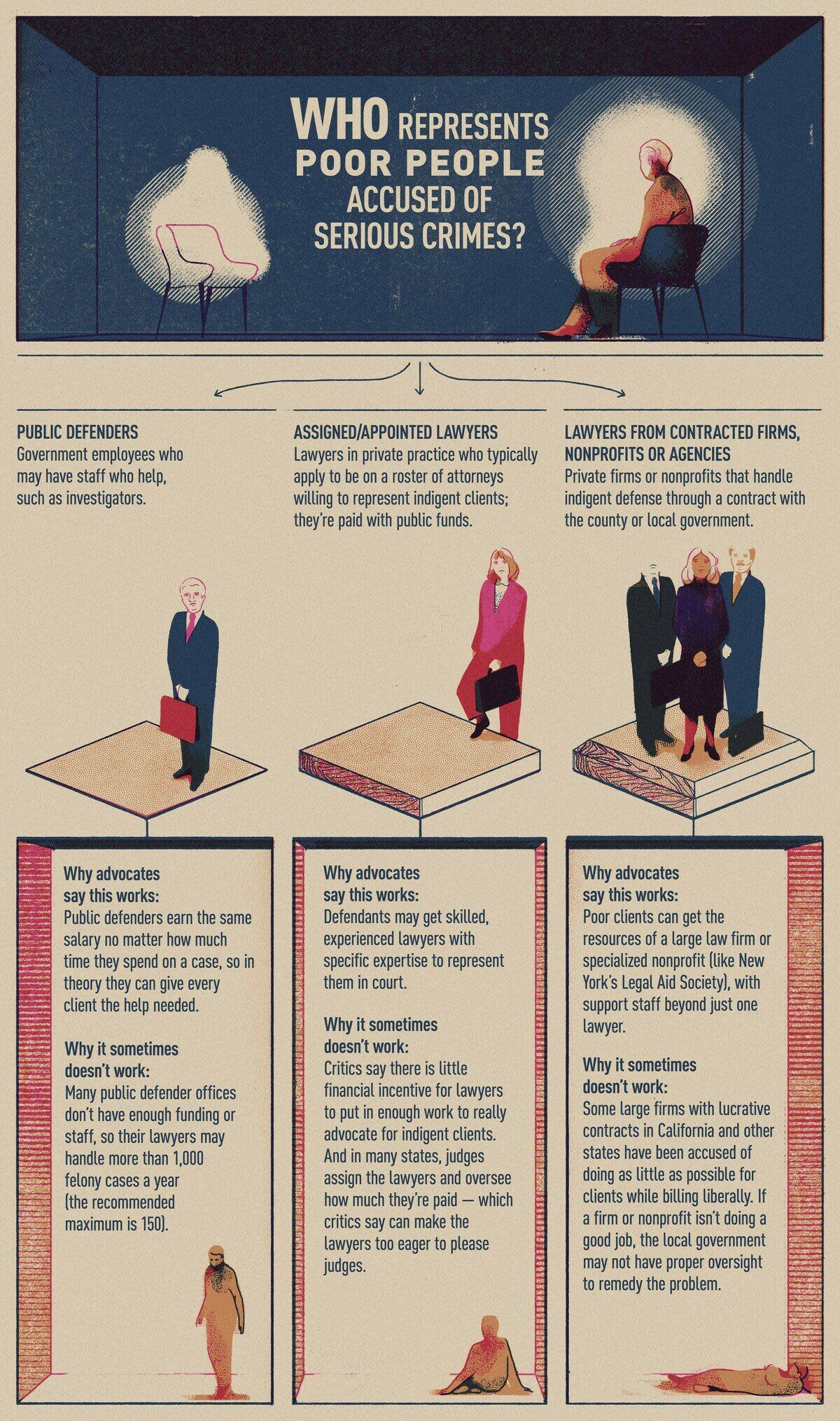Life Without Parole - The New Death Penalty
1 out of every 7 people in US prisons are serving life sentences, more than 200,000 people.

The death penalty is becoming less and less supported by Americans, taking into consideration the astronomical costs, and the risk of a state-sanctioned murder of someone who could be innocent based on new investigative techniques and further awareness of biases that leading to sentencing disparities. Currently, less than 2,500 persons sit on death row in the United States, a number that has declined every year since 2001.
However, as the death penalty falls out of favor, life without parole sentences, or death behind bars, have outpaced the overall increased rate of incarceration as a de-facto death penalty. Nearly five times the number of people are now serving life sentences in the United States as were in 1984. That number in 2021 was over 203,000, higher than ever before and a 66% increase since records from The Sentencing Project were first kept in 2003. The growing use of life imprisonment contradicts research on effective public safety strategies, worsens the already extreme racial injustices in the criminal justice system, and amplifies the many consequences of mass incarceration.
Unfortunately, the criminal defense system hasn't kept up with the shift in sentencing. If a prosecutor's office seeks a death sentence, the defendant is guaranteed a pair of lawyers whose expertise in capital cases has been vetted by a court-appointed screening committee. The government would have paid for an investigator and a mental health expert to examine the case. Under national legal guidelines, lawyers for a defendant charged with a crime punishable by death would have had a special obligation to aggressively assert every possible argument to defend the defendant.
If the prosecution seeks a life without parole sentence, none of that exists. Only 11 states report having minimum qualifications for lawyers who represent impoverished people facing a lifetime behind bars. Most states have no rules; someone just out of law school could handle a life-without-parole case in Illinois or Nebraska. In California, where a third of the prison population is serving some form of life sentence, minimum representation qualifications apply only in death penalty cases. Other examples include South Carolina, where attorneys for defendants charged with life without parole require just three years of experience in criminal law, while Arkansas specifies that lawyers should have handled at least one homicide trial.
Across the country, this results in lawyers who are overburdened, underpaid and occasionally incompetent. Some of these lawyers handle more than 1,000 felony cases a year, leading to missed filing deadlines or letting mentally ill clients remain untreated in jail among general populations. Additionally, it’s rare for an appeal of a life sentence to get a thorough reassessment: In one Missouri life without parole case, it took 43 years for courts to review the case of a Kansas City man sentenced to die in prison for a capital murder that prosecutors now say he did not commit.
Many legal experts say that people facing life without parole should receive the same level of representation as those facing the death penalty. “Life without parole is just another form of the death penalty, just a slower version of it,” said Lawrence Meyers, a judge who served on the Texas Court of Criminal Appeals for more than 20 years.
The Sentencing Project recommends abolishing life without parole sentencing.
"Sentences of life without the possibility of parole (LWOP) are virtually unheard of in the rest of the world. They are considered antithetical to personal transformation, the primary goal of many other corrections systems... The elimination of LWOP will recalibrate all sentences underneath it. Public perceptions of incarceration minimize the negative impact of a 5- or 10-year sentence on an individual when compared to the extremes of a life sentence. Creation of a more fair and just system depends on ending all extreme penalties."
You can download the PDF report "No End in Sight: America's Enduring Enduring Reliance on Life Imprisonment" from The Sentencing Project.










